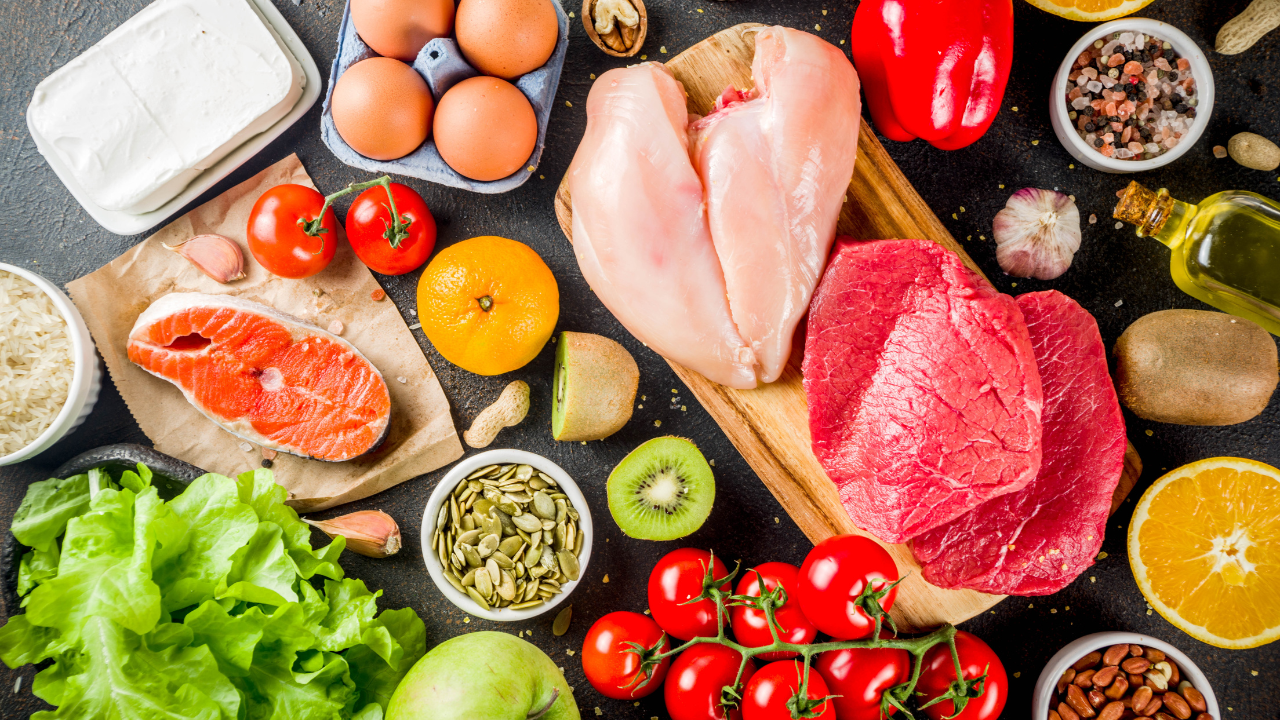Research Highlights:
- Main Point 1: Prostate cancer is the second leading cause of cancer death in American men, but it can be preventable.
- Main Point 2: Dietary choices play a significant role in prostate cancer risk, with certain foods and supplements, such as I3C, showing promise in prevention.
- Main Point 3: I3C (indole-3-carbinol) found in cruciferous vegetables has multiple actions that help prevent and combat prostate cancer.
- Additional Points: Lifestyle changes and dietary diversification can contribute to reducing prostate cancer risk.
Scientifically Reviewed by: Dr. Lisa Turner, MD, in September 2023
Introduction:
Prostate cancer ranks as the second leading cause of cancer-related deaths among American men. While it predominantly affects those aged 65 and older, approximately 25% of all cases arise in men below this age group. The good news is that prostate cancer, when detected early and confined to the prostate gland, can often be controlled. However, once it spreads beyond the prostate, managing the disease becomes considerably more challenging. The most effective strategy is to take proactive steps to prevent prostate cancer altogether. In this article, we explore the pivotal role of dietary choices, focusing on a potent natural compound called I3C (indole-3-carbinol) found in cruciferous vegetables, in safeguarding against this formidable disease.
What You Need to Know:
- Point 1: Prostate cancer, while common, is highly responsive to dietary modifications, making prevention an achievable goal.
- Point 2: Dietary factors, including the consumption of certain foods like cruciferous vegetables and supplements like I3C, can substantially reduce prostate cancer risk.
- Point 3: I3C, a bioactive compound found in broccoli and other cruciferous vegetables, exerts multiple actions that protect against prostate cancer, including hormone modulation and DNA damage prevention.
- Point 4: Lifestyle changes, dietary diversification, and staying informed about the latest research are essential strategies in the battle against prostate cancer.
Section 1: Understanding Prostate Cancer Risk Factors
In this section, we delve into the factors that contribute to prostate cancer risk, emphasizing the significance of dietary choices. Studies have shown that adopting a diet rich in specific foods and supplements can dramatically lower the risk of prostate cancer. We explore the dietary patterns of different populations, highlighting the protective aspects of traditional Asian diets and the detrimental effects of diets high in meat and dairy products.
Subsection 1.1: The Asian Diet Advantage We examine the traditional Asian diet's impact on prostate cancer risk, characterized by its low-fat content, minimal animal product consumption, and high intake of soy, rice, and green tea. The lower incidence of prostate cancer among Asian men provides valuable insights into preventive dietary choices.
Subsection 1.2: Meat and Dairy: Culprits in Prostate Cancer This subsection explores the association between meat and dairy product consumption and an increased risk of prostate cancer. We delve into the role of heterocyclic amines, carcinogens formed during meat cooking, and investigate the potential impact of growth-promoting chemicals used in North American cattle.
Section 2: I3C (Indole-3-Carbinol) as a Prostate Cancer Fighter
In this section, we unveil the powerful cancer-fighting properties of I3C, a bioactive compound found in cruciferous vegetables. We discuss how I3C operates on multiple fronts to prevent and combat prostate cancer, including hormone regulation, DNA damage prevention, and its potential to inhibit the growth of cancer cells.
Subsection 2.1: Hormone Modulation by I3C We delve into the hormone-modulating effects of I3C, which plays a crucial role in protecting against prostate cancer. Studies indicate that I3C can neutralize various hormones, including those introduced into the body through supplements or food.
Subsection 2.2: DNA Protection and Carcinogen Blocking This subsection elucidates how I3C safeguards DNA from damage caused by carcinogens and free radicals. We explore its role in blocking the cancer-causing effects of heterocyclic amines generated during meat cooking.
Section 3: Prevention Strategies and Conclusion
In the final section, we offer practical prevention strategies and emphasize the importance of lifestyle changes and dietary diversification. By diversifying one's diet and staying informed about the latest research, individuals can take meaningful steps to reduce their prostate cancer risk and promote overall health.
Summary:
Prostate cancer, while common, need not be inevitable. Through mindful dietary choices and the incorporation of protective compounds like I3C, individuals can significantly lower their risk of developing this disease. By embracing a diet rich in cruciferous vegetables and adopting a health-conscious lifestyle, we can empower ourselves to reduce the impact of prostate cancer and enhance our well-being.
References:
- Bogen KT, et al. J Expo Anal Environ Epidemiol. 2001;11:155-68.
- Bradlow HL, et al. Environ Health Perspect. 1995;103 Suppl 7:147-50. 3. Chinni SR, et al. Oncogene. 2001;20:2927-36.










